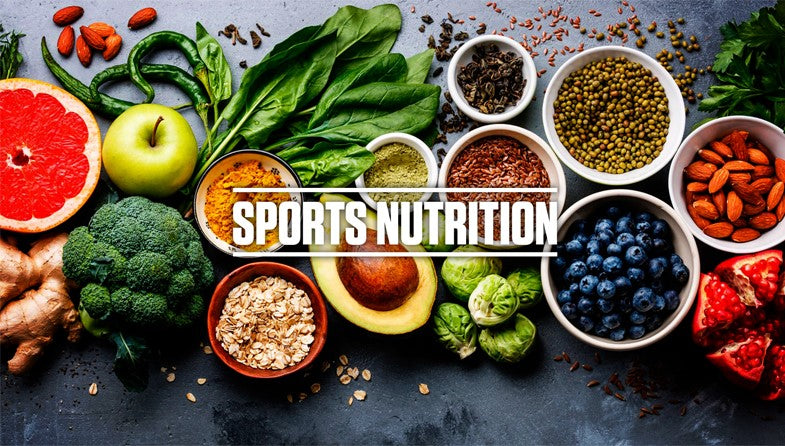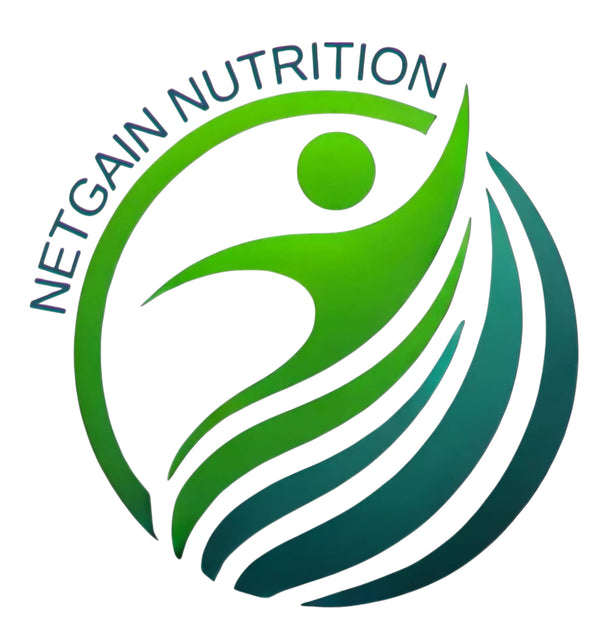
Meal Timing for Athletes: When to Eat Before, During, and After Exercise
Introduction
Meal timing plays a crucial role in optimizing athletic performance, recovery, and overall health. Knowing what and when to eat can provide young athletes with the energy they need to perform at their best and recover quickly.
Pre-Exercise Meal: Fuel for Performance
Eating before exercise is essential for providing the body with energy (especially carbohydrates) to fuel workouts and prevent fatigue. Ideally, the pre-exercise meal should be consumed 2-4 hours before activity and should focus on easily digestible foods rich in carbohydrates, moderate in protein, and low in fats and fibre to avoid digestive discomfort.
Pre-Exercise Meal Ideas:
- Whole grain bread with lean protein (e.g., turkey or chicken)
- Oatmeal with fruit and a drizzle of honey
- Brown rice with steamed vegetables and grilled chicken
Snacks 30-60 Minutes Before Exercise: If the meal is consumed more than 2-3 hours prior to exercise, a small snack about 30-60 minutes before activity can help top off energy levels. These snacks should be light and rich in fast-absorbing carbohydrates.
- Banana
- Rice cakes with peanut butter
- A small granola bar
During Exercise: Fuelling Longer Workouts
For activities lasting less than an hour, water is typically sufficient to maintain performance. However, for prolonged or high-intensity exercise lasting over 60 minutes, consuming carbohydrates during activity can help maintain energy levels and delay fatigue.
What to Consume During Exercise:
- Sports drinks or gels that provide electrolytes and quick carbohydrates.
- Easily digestible snacks like energy chews or a banana for long-duration sports.
Post-Exercise Meal: Optimize Recovery
The post-exercise meal is key for replenishing glycogen stores and repairing muscles. Aim to eat within 30-60 minutes after exercise to optimize recovery. This meal should contain a mix of carbohydrates to replenish energy and protein to support muscle repair.
Post-Exercise Meal Ideas:
- Greek yogurt with berries and honey
- A protein shake with a banana
- Grilled salmon with quinoa and steamed veggies
Hydration After Exercise
Don’t forget hydration! Replace fluids lost during exercise by drinking water or a sports drink, especially if the workout was intense or in hot conditions.
Tailoring Meal Timing to Different Sports
- Endurance sports (e.g., running, cycling) require more frequent carbohydrate intake during prolonged activity.
- Strength sports (e.g., weightlifting) benefit from a focus on protein after workouts to aid muscle repair.
Conclusion
Mastering meal timing helps young athletes fuel their performance, recover faster, and avoid fatigue or injury. By eating the right foods at the right times, before, during, and after workouts, athletes can ensure they’re getting the most out of their training and competitions.
